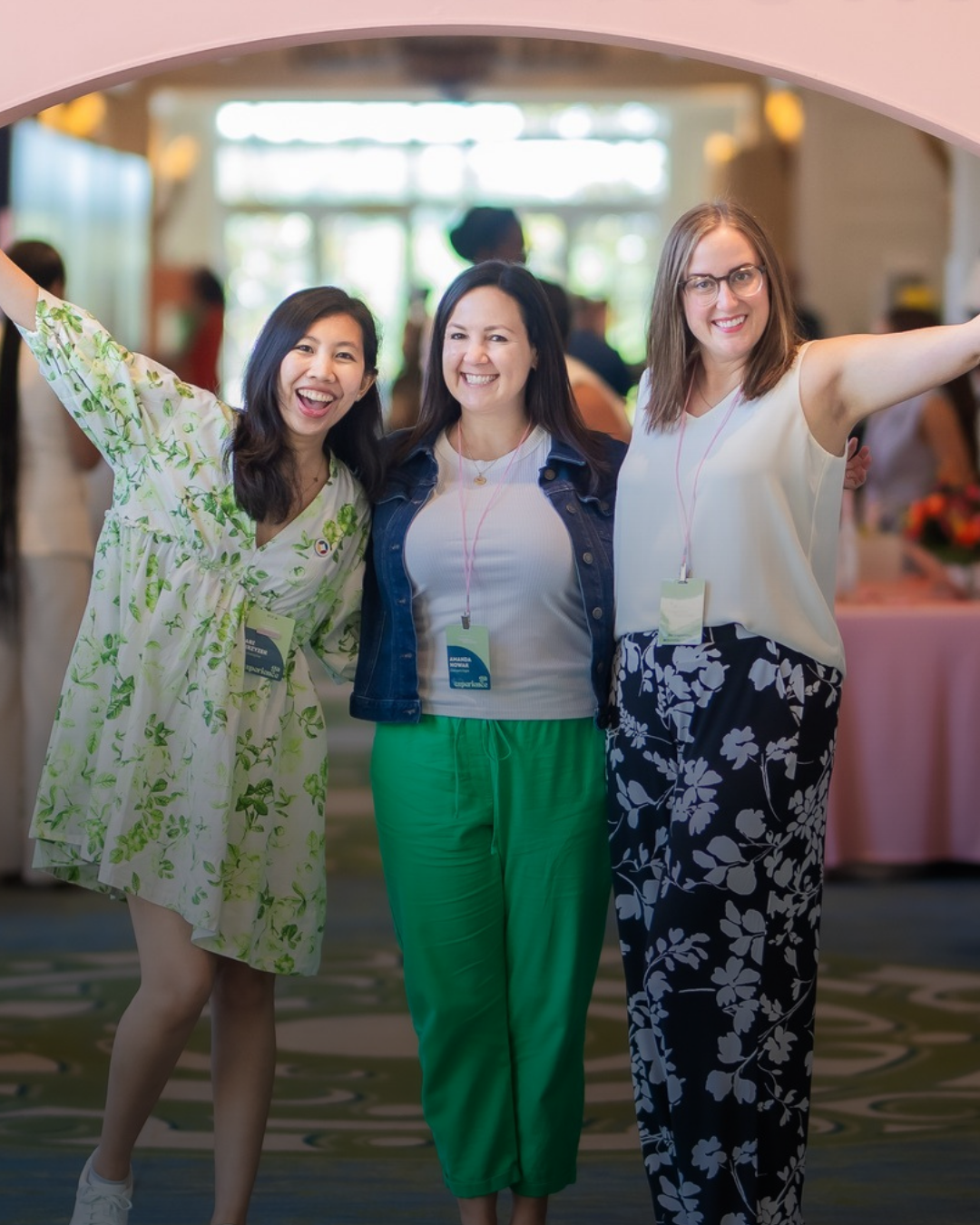
Lina Rugova Supports Underserved Founders With Digital Tools
January 2, 2025
Please share a brief introduction about yourself and your business:
I’m a serial entrepreneur and currently working on a new idea in tech space but currently in stealth mode. Alongside that, I facilitate workshops in innovation and design thinking, helping businesses unlock creative solutions. I’m also the founder of Emerge and Rise, a venture development organization dedicated to supporting underserved entrepreneurs through access to digital tools, financial literacy, and community networks. My work extends into helping launch and scale businesses with the Founder Institute for San Antonio chapter, and I lead WINC Founders, a community focused on empowering women in STEM and entrepreneurship.
Who are your customers?
My customers are typically women entrepreneurs and immigrant entrepreneurs who are navigating the challenges of building and scaling their businesses. I work with individuals who are driven to succeed but often lack access to the right resources or networks. My focus is on providing them with the tools, strategies, and support they need to thrive, whether it’s through digital literacy, financial education, or hands-on workshops in innovation and design thinking. These entrepreneurs are resilient, resourceful, and ready to make an impact, and I’m here to help guide them on that journey.
What was your background prior to starting your own business?
Before diving into entrepreneurship, I spent over 15 years working as a business management consultant in technology, construction, and healthcare industries. My focus was on helping mid-market companies with strategic planning, digital transformation, and organizational structure. I’ve always had a passion for innovation and growth, which led me to pursue a Master’s in Corporate Innovation and Entrepreneurship. My career has been a blend of strategic thinking, hands-on problem-solving, and helping businesses find their path forward, which naturally evolved into launching my own ventures and facilitating workshops focused on innovation and design thinking.
What made you take the leap to start your own business?
I became an entrepreneur by mistake, really. A friend suggested that instead of getting paid under a 1099, I should file an LLC and take advantage of the benefits. From there, things just expanded, and I ended up running multiple businesses—some successful, some not. As an immigrant, I’ve always known that working for someone else didn’t feel right for me. I didn’t quite fit into that system, so starting my own ventures felt like a natural path forward, even if it wasn’t planned.
Did you always know you wanted to be an entrepreneur?
Sort of yes and no. I didn’t grow up with the dream of being an entrepreneur, but I always knew I wanted to do things on my own terms. I’ve never quite fit into the traditional work environment and always felt there was something more for me outside of that structure. So, while I didn’t plan to be an entrepreneur, it became the obvious choice as I realized I wanted more freedom and flexibility in how I approached work and life.
Take us back to when you first launched your business; what was your marketing strategy to get the word out and did it go as planned?
My first business was a medical billing agency back in 2006. Honestly, my marketing strategy was pretty simple—I created a logo, set up a professional email, and had business cards made. That was the extent of it. I didn’t have a grand marketing plan; it was more about getting the basics in place and putting myself out there. Looking back, it wasn’t much of a strategy, but it was enough to get me started, and it taught me a lot about the importance of building a brand, even in small steps.
What is the biggest challenge you have encountered along the way so far and what have you learned from it?
One of the biggest challenges I’ve faced was early on when I didn’t file my sales tax correctly and ended up with a $10K bill. That was a real wake-up call and made me realize that I don’t know everything and, more importantly, that I don’t need to do everything myself. I hired an accountant to help me sort it out, and from that point on, I’ve relied on trusted professionals like my accountant and attorney. It taught me the value of surrounding yourself with experts and not trying to handle every aspect of the business alone.
What accomplishment are the most proud of to date in your business?
Accomplishments mean different things to different people. While I’ve had a successful exit from one of my companies, my biggest accomplishment will always be my family. We women are often hard on ourselves, much more than men, who don’t tend to think this way. We’re capable of so much more than we give ourselves credit for. We’re natural nurturers and multitaskers, but we often forget to acknowledge the little things and the milestones we achieve along the way. For me, those small moments, especially with my family, are what I cherish most, because my most proud moment is yet to come.
Do you have any recent wins from the last year that you'd like to celebrate with our community?
It’s always tough to pick just one win when you’re constantly moving from one project to the next, but something I’m proud of from this past year is continuing to build strong communities for entrepreneurs, especially women and immigrant entrepreneurs. Seeing the connections made and the support shared in these groups has been incredibly rewarding. Beyond that, my biggest personal win has been learning to balance my work and personal life in a way that feels more sustainable.
What's next for your business? What can we expect to see over the next few years?
Right now, I’m working in the AI space, hoping to develop an idea into something truly useful—a solution that isn’t just another open-source code but something that makes a real impact. That said, as a serial entrepreneur, I’ve learned that you never truly know where life may take you. I’m open to where the journey leads, and I’m excited to see how things unfold over the next few years. It’s an unpredictable path, but that’s what makes it exciting.
What is your top productivity tip?
My top productivity hack is simple—put your phone away when you’re working in front of a computer and disable all social media notifications. It’s amazing how much more focused and efficient you can be without constant distractions. Your life becomes that much simpler when you aren’t pulled in a hundred directions at once.
On the flip side, how do you avoid burnout?
I’ve learned the hard way that saying yes to too many things or RSVPing to too many events is a fast track to burnout. Over time, I realized that I can’t save the world on my own, and that’s okay. Everything and everyone can wait. Setting boundaries and knowing when to step back has been key to maintaining my energy and focus.
What is your approach to work-life balance / integration?
Since I work remotely a lot, I don’t really believe in the traditional idea of work-life balance. It’s more about knowing when to take a break, having a strong support system, and making sure to prioritize family time and self-care. For me, it’s about integration rather than balance—finding ways to blend work with life while also recognizing when it’s time to unplug and recharge.
What is one thing you wish you had known when you started your Entreprenista journey?
Honestly, I don’t think I’ve figured it all out yet. The journey is always evolving, and every step teaches me something new. If there’s one thing I’ve learned, it’s that you never truly have all the answers—you just have to keep moving forward, learning, and adapting along the way.
When hiring, what is your go-to interview question?
My go-to interview question is, “What motivates you in life, and what was your dream job 5-10 years ago?” I find that it opens up an honest conversation about where people are coming from and where they see themselves going. It gives me insight into their mindset and how they approach both their work and personal growth.
As for hiring tips, I always try to get a sense of how well someone will fit into the culture of the team. Skills can be taught, but attitude and alignment with values are harder to develop. It’s important to hire people who are not only qualified but who also share the vision of where the business is headed.
If you've raised capital for your business already, what are some of your best tips or lessons learned?
I’ve never raised capital for my businesses—I’ve always bootstrapped, mainly because I’ve been in service-based industries where that approach made sense. Not all startups need to seek funding or chase VCs unless they’re building a “rocket ship.” There are other ways to find funding, from grants to strategic partnerships, and I believe it’s important for founders to explore those options before jumping into traditional funding routes. Bootstrapping has taught me to be resourceful and lean, and while it comes with its challenges, it’s rewarding to know I’ve built something independently.
Are you a Mamaprenista? If so, please share your best advice for simultaneously managing a business and a family:
Yes, I’m a Mamaprenista, and it’s hard! It often feels like I’m not giving 100% to either my business or my kids, and there’s always that sense of guilt, like my kids come after my career. I think a lot of that pressure comes from cultural stigma—this idea that we have to be everything to everyone at all times. My best advice is to acknowledge those feelings and know that it’s okay to not be perfect. It’s about finding what works for you and accepting that some days, one area of your life may need more attention than another.
Do you have a co-founder? If so, how did you find the right one for you and what are your best partnership tips?
Yes, I currently have a co-founder, and so far it’s working great—mainly because they approached me, and we’ve been aligned from the start. However, in my last venture, the partnership didn’t work out, and we ended up going our separate ways. I wanted growth, and my co-founder wanted to keep things small. It was heartbreaking to realize we had such different visions for the business. That experience made it hard for me to trust people. My best advice is to have clear conversations about what both parties want from the partnership and the business. Vetting, risk management, and setting clear expectations are critical to avoid future misalignment.
What's the one app on your phone you absolutely cannot live without and why?
For me, it’s definitely LinkedIn and the Calendar app. I live by what my calendar tells me is next, and LinkedIn keeps me connected to my network and opportunities. Between managing my businesses, workshops, and personal life, these apps help keep me on track and make sure I don’t miss anything important.
What is your favorite business tool or solution and why?
For me, ChatGPT is my favorite business tool—it’s basically my assistant and everything in between! As someone working in the AI space, I’ve seen firsthand how powerful GenAI can be in simplifying workflows, brainstorming ideas, and even helping with research. It’s not just a productivity booster; it’s a way to think differently and approach challenges creatively.
If you’re not into GenAI yet, now is the time to start learning about it. Understanding its pros and cons is essential, especially as it becomes more integrated into business processes. Adapting to AI tools like ChatGPT can help you stay ahead of the curve and make your day-to-day operations smoother and more efficient.I’m
What advice do you have for aspiring Entreprenistas?
Entrepreneurship is tough—there’s no sugarcoating it. But it’s also incredibly rewarding if you stick with it. My biggest piece of advice is that giving up isn’t an option. You’re going to hit roadblocks, but having a Plan B that’s even better than Plan A will help you stay flexible and resilient. Consistency and innovation should be two words every entrepreneur lives by. Stay consistent in your efforts, but always look for new and innovative ways to move forward. That’s where real growth happens.
Learn more about the Entreprenista League and join today!

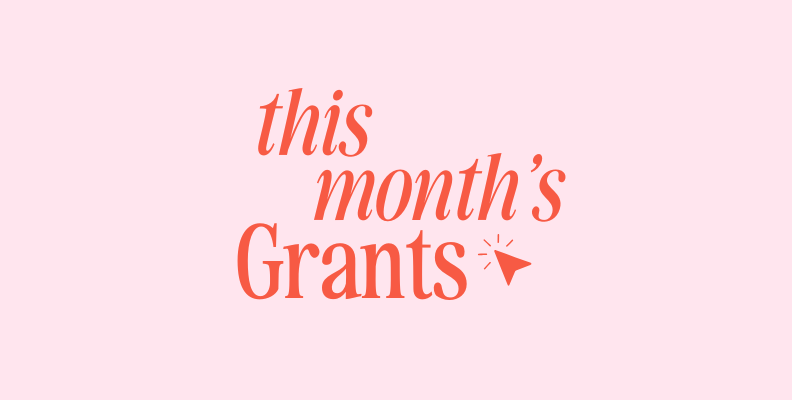
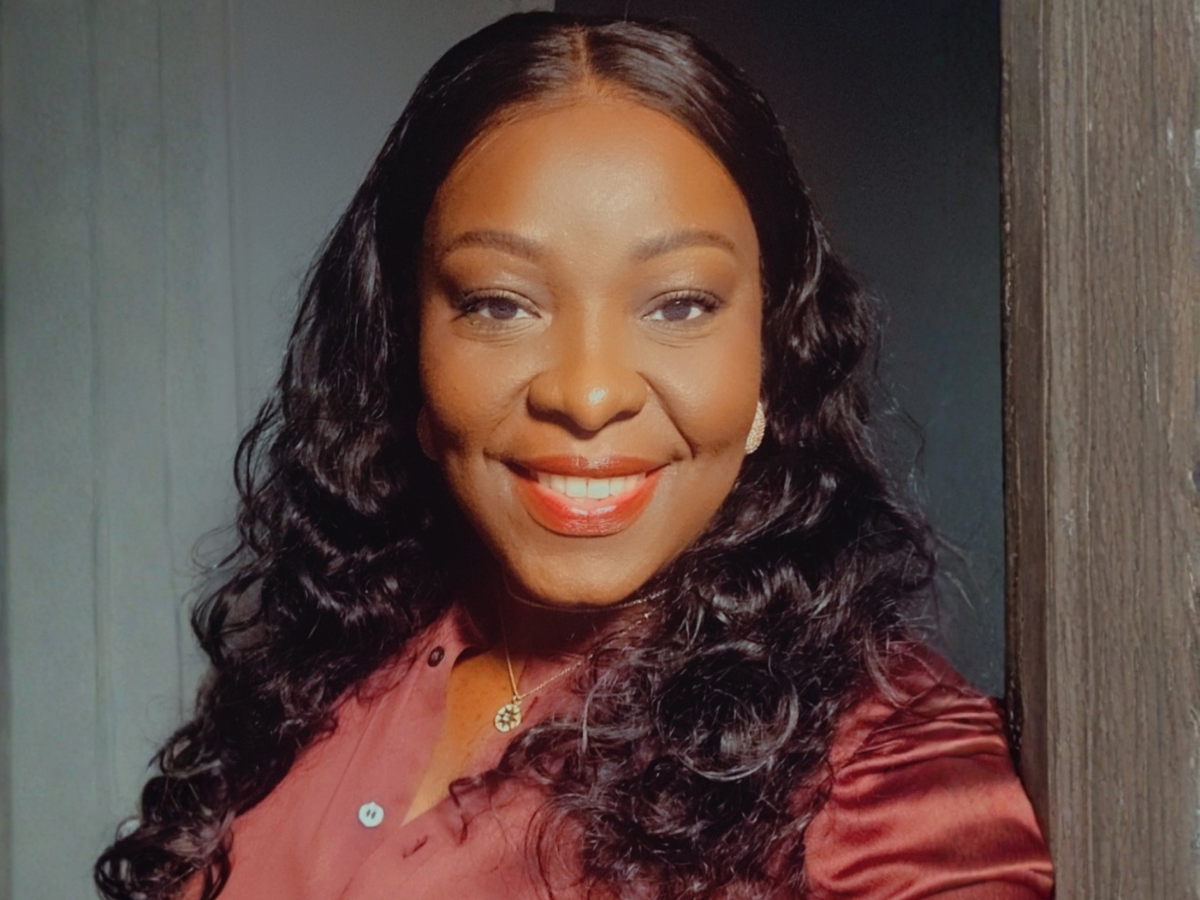
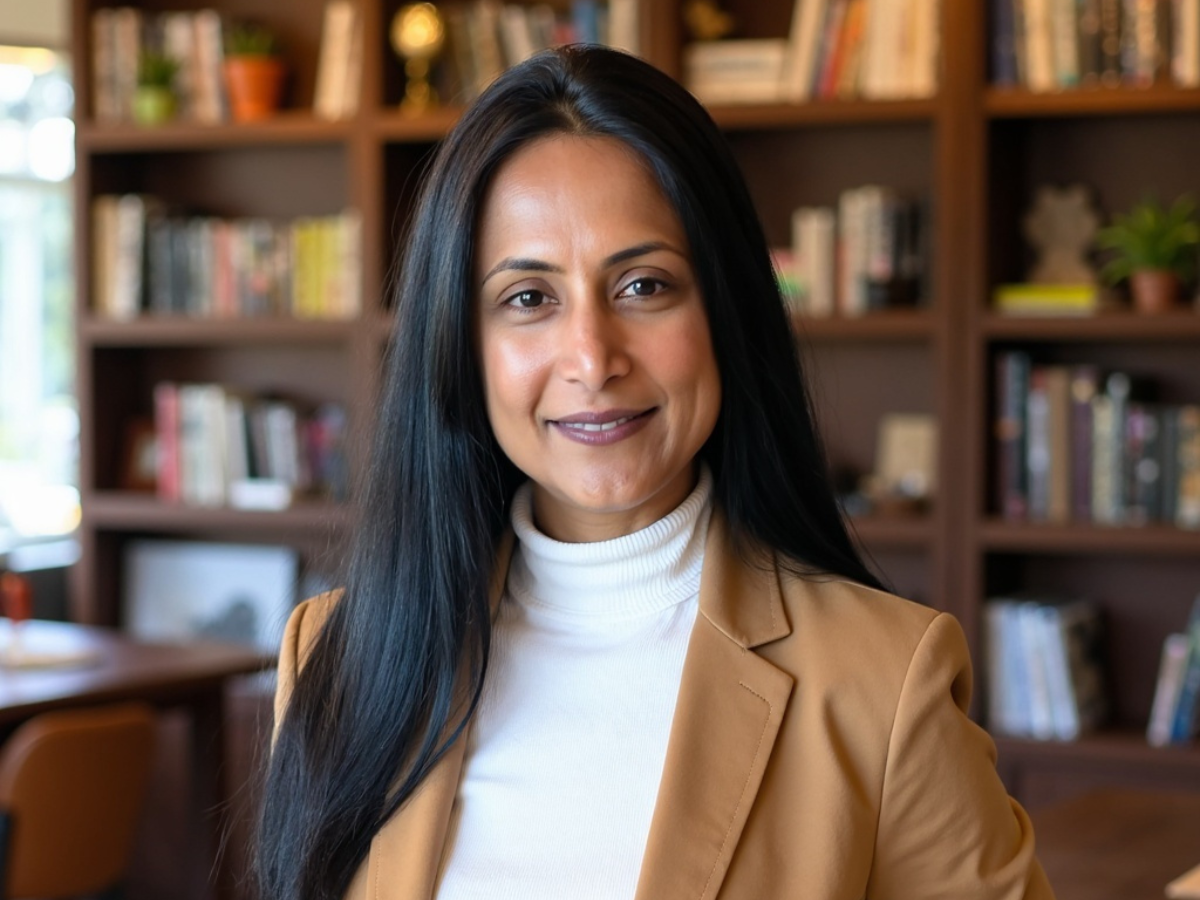
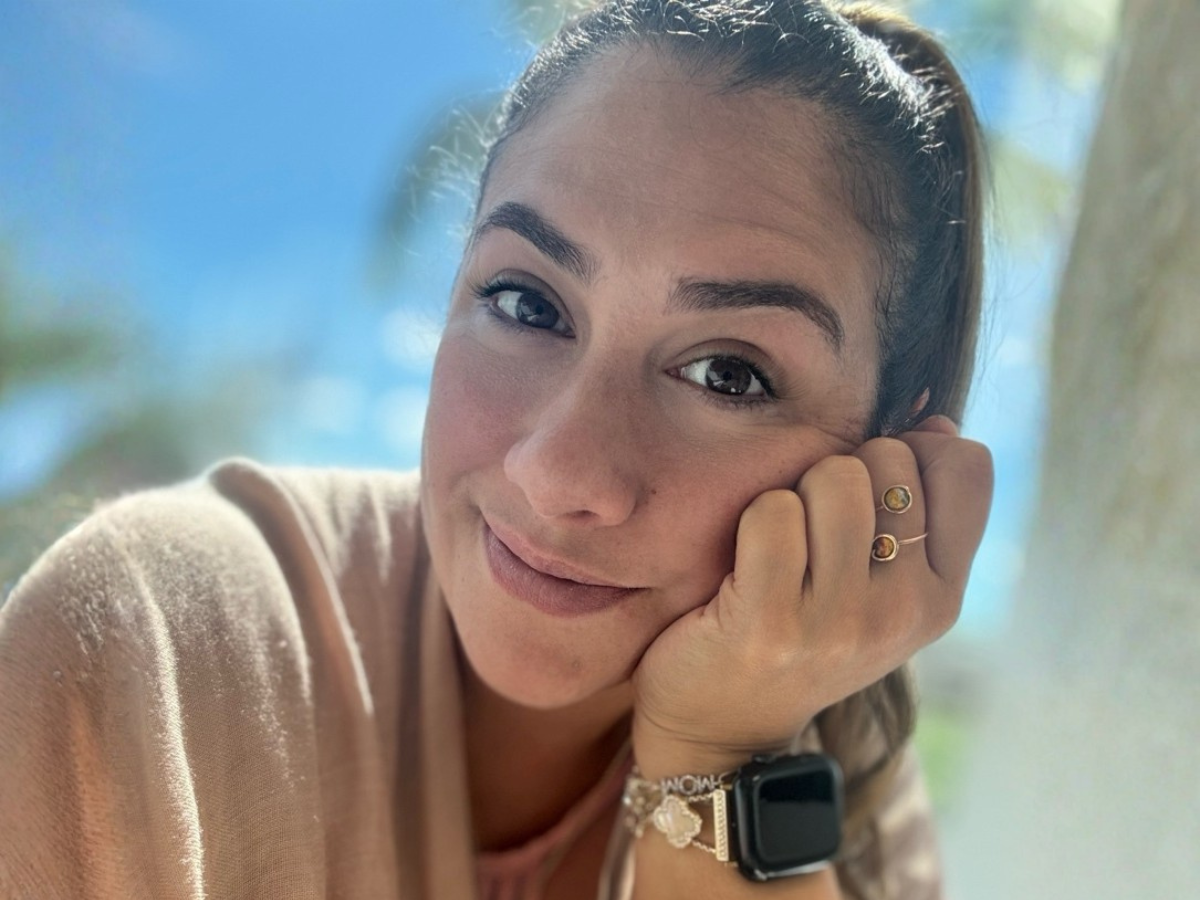




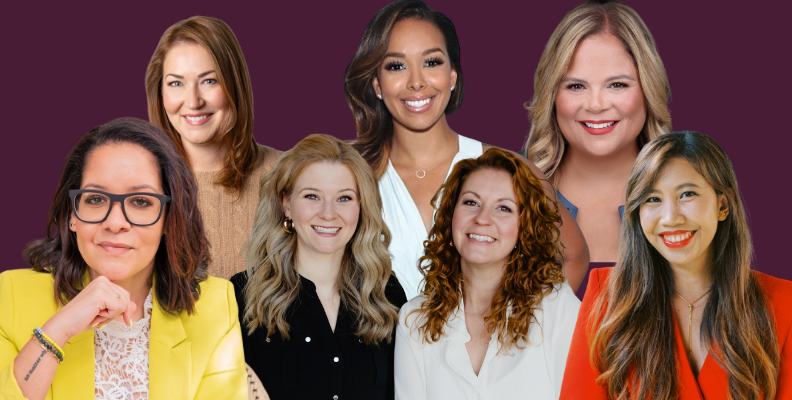
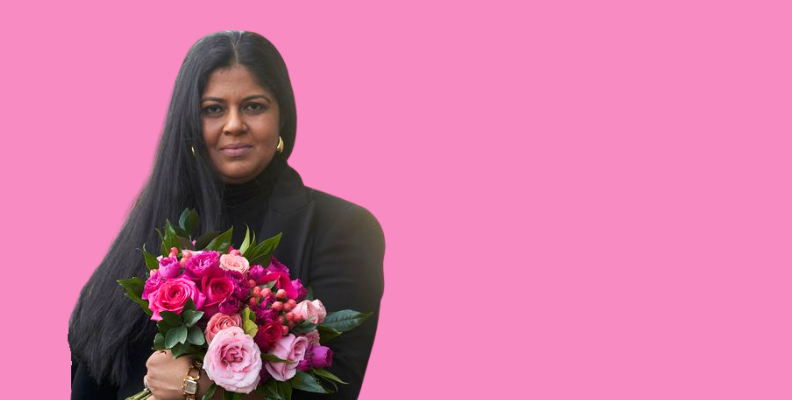




%20thumbnail.png)
